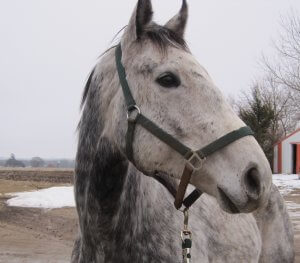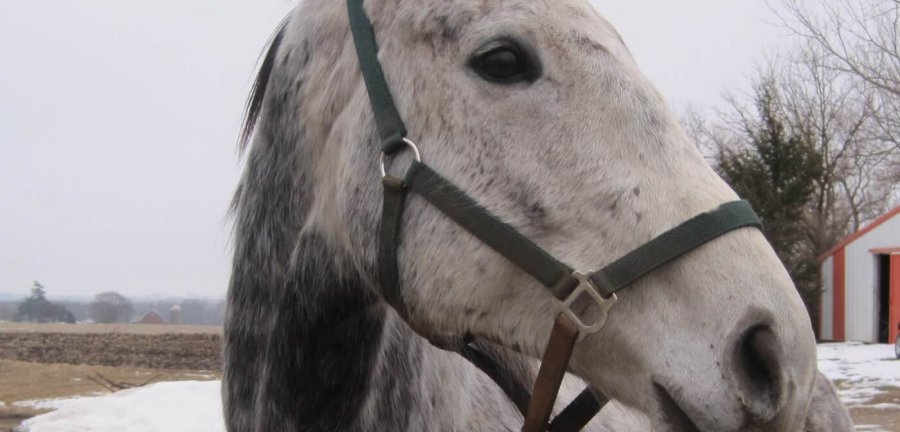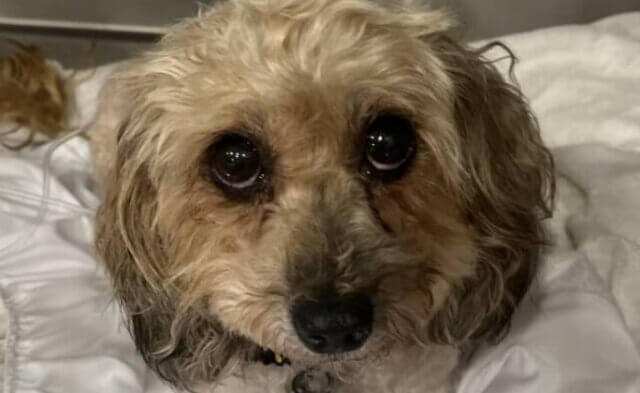Just weeks before the May 5 running of the Kentucky Derby, the audiobook company Audible did a very decent thing. Because there is a horse named Audible running in the Derby, the company donated $15,000 to the Thoroughbred Aftercare Alliance (TAA), the organization that finds homes for horses who are no longer making money and are cast off by the racing industry.
The owner of every horse slated to run in the Derby should follow Audible’s excellent example and make a generous $15,000 contribution to the charity. It could be the difference between life and a miserable death for many horses. The TAA is the only aftercare organization that is supported by the entire thoroughbred racing industry, and before it was begun in 2012, a thoroughbred born in the U.S. had a 50 percent chance of ending up in a slaughterhouse in Canada or Mexico. Ten thousand thoroughbreds were killed this way every year, their bodies were cut up, and their flesh was sold for human consumption in Europe.
PETA exposed the long, ugly journey from an Iowa auction to a horse slaughter facility in Canada. The video shows terrified horses, many starving or sick, crammed together in trucks and driven for 36 hours straight to the place where they would be killed. There were no stops for rest, food or water, and horses who slipped and fell had no way to get up or protect themselves from being trampled.
Royale With Speed was one of these horses. A grandson of the famed Triple Crown winner Secretariat, he earned his owner $127,000. At the age of 8, he was sold to a kill buyer for $350. Frightened, depressed and sick with strangles, an infectious disease that can be fatal, Royale was near death when PETA rescued him, and it took many weeks for him to recover. He now lives, well and happy, with another rescued former racehorse on the large ranch of a PETA supporter. The TAA is working hard to make sure that no other thoroughbred endures this journey, but funding is a crucial and ongoing issue. PETA-proposed technology for betting terminals now allows bettors to donate a portion of winning tickets to the TAA.

Royale With Speed at his new home.
Wealthy owners whose horses are eligible to run in the Triple Crown races bear as much responsibility, probably more, for protecting these animals as those whose horses run at state fair tracks do. Kentucky Derby contenders have no special protection despite the perceived glamor of the “Run for the Roses.” It can be years between the winner’s circle and the end of the line for a thoroughbred, and a lot can go wrong. Ferdinand, the winner of the 1986 Derby, was killed in a slaughterhouse in Japan in 1994.
For years, kill buyers and slaughterhouses were racing’s ugly secret. Now at least, the industry has begun to admit that every horse must be cared for and provided with a decent life after racing. But there’s much more to be done. It needs to start right now with the people who will be in the limelight at Churchill Downs on the first Saturday in May.
Kathy Guillermo is a senior vice president with People for the Ethical Treatment of Animals (PETA).





